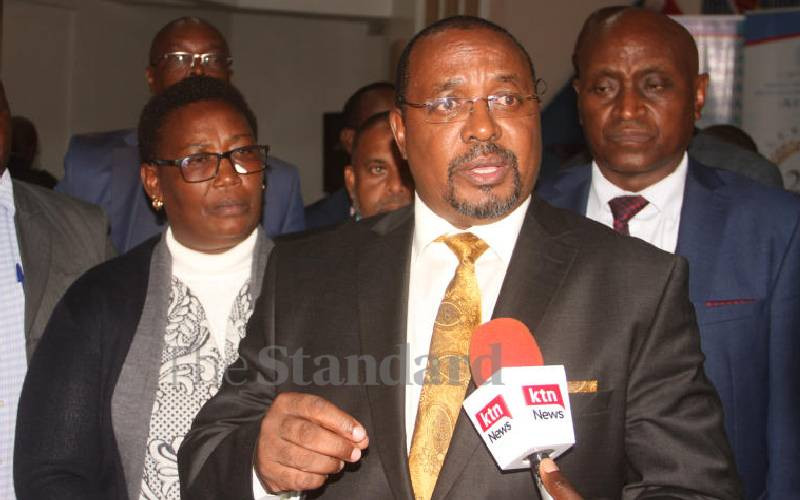×
The Standard e-Paper
Home To Bold Columnists

The over 23,000 junior secondary schools are staring at a crisis as they anticipate a steep increase in student population.
This is likely to cause serious congestion, a shortage of tutors and overstretched facilities as the pioneer class graduates from Grade 8 to 9 in January.







